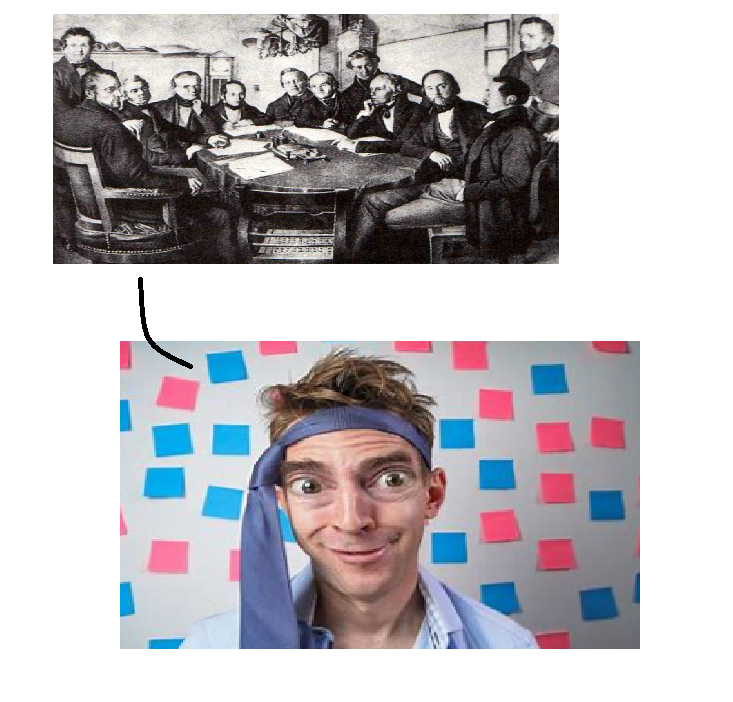Attorney General v Wilson (1840) Cr & Ph 1
Citation:Attorney General v Wilson (1840) Cr & Ph 1
Rule of thumb:When can a director be made personally liable in damages for how they ran a company? It has to be shown that the acts were not merely accidental but actually reckless & dishonest in order for an action against a director personally to be upheld.
Background facts:
Judgment:
’The true way of viewing this is to consider the members of the governing body of the corporation as its agents, bound to exercise its functions for the purposes for which they were given, and to protect its interests and property; and if such agents exercise those functions for the purposes of injuring its interests and alienating its property, shall the corporations be estopped in this Court from complaining because the act done was ostensibly an act of the corporation? . . . As members of the governing body, it was their duty as the corporation, whose trustees and agents they, in that respect, were, to preserve and protect the property confided to them; instead of which, having previously, as they supposed, placed the property, by the deeds of the 30th May 1835, in a convenient position for that purpose, they take measures for alienating that property, with the avowed design of depriving the corporation of it; and, with this view, they procure trusts to be declared, and transfers of part of the property to be made to the several other Defendants in this cause, for purposes in no manner connected with the purposes to which the funds were devoted, and for which it was their duty to protect and preserve them. This was not only a breach of trust and a violation of duty towards the corporation, whose agents and trustees they were, but an act of spoliation against all the inhabitants of Leeds liable to the borough rate; every individual of whom had an interest in the fund, for his exoneration, pro tanto, from the borough rate. If any other agent or trustee had so dealt with property over which the owner had given him control, can there be any doubt but that such agent or trustee would, in this Court, be made responsible for so much of the alienated property as could not be recovered in specie? But if Lord Hardwicke was right in The Charitable Corporation case, and I am right in this case, in considering the authors of the wrong as agents or trustees of the corporation, then the two cases are identical. I cannot doubt, therefore, that the Plaintiffs are entitled to redress against the three trustees and those members of the governing body who were instrumental in carrying into effect the acts complained of: and it is proved that the five Defendants fall under that description’, Lord Cottenham at 24

Warning: This is not professional legal advice. This is not professional legal education advice. Please obtain professional guidance before embarking on any legal course of action. This is just an interpretation of a Judgment by persons of legal insight & varying levels of legal specialism, experience & expertise. Please read the Judgment yourself and form your own interpretation of it with professional assistance.

